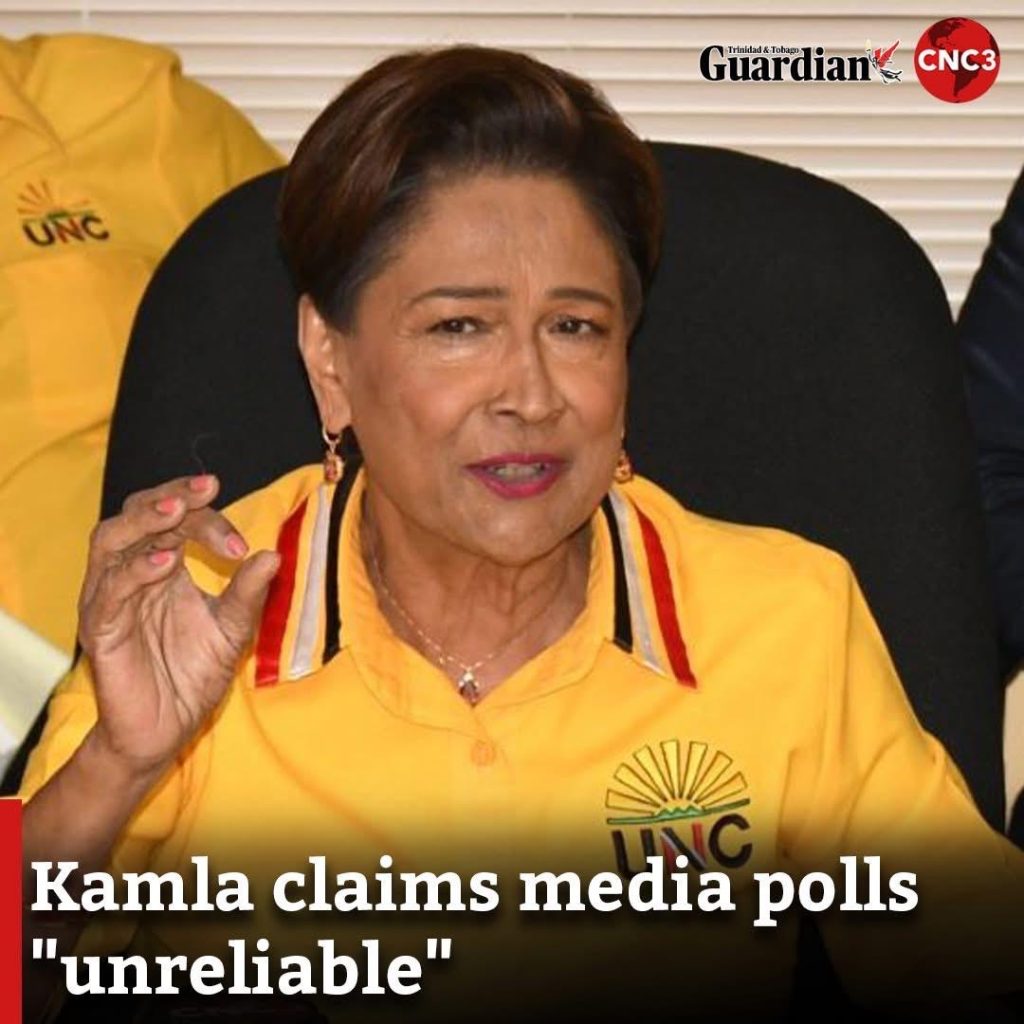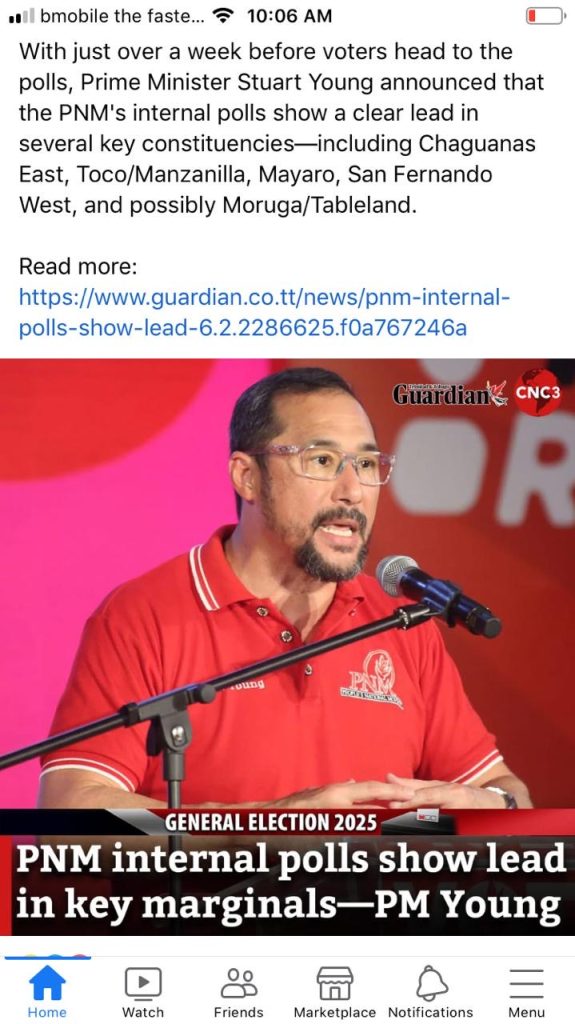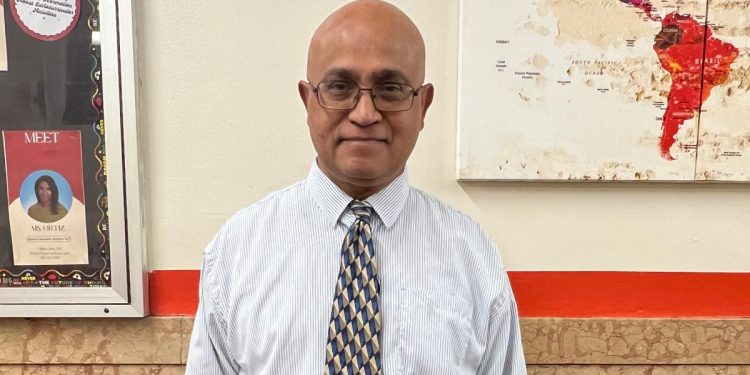With just a few days to go before voting on Monday, NACTA ongoing tracking polling of 1200 likely voters representing the demographics of the population, finds close contests in several (marginal or battleground or swing) seats in Trinidad with neither major party, PNM or UNC, having an unassailable lead or crossing 50% support to call them. This makes it difficult to project a winner (in these swing seats and winning a minimum of 21 of the 41 sets to form government). Several seats in each camp are toss ups that can go either way, and there could also be a couple of surprises. Some marginals (with almost equal support) have PNM in the lead while others have UNC ahead. In almost all swing seats, the lead is within the poll’s findings of margin of error of 4%. And there is 4% who are undecided and or refusing to reveal party choice.

The poll is being conducted by Dr Vishnu Bisram who has been conducting surveys in Trinidad, Tobago, the Caribbean over the last 40 years.
The findings reveal that small parties will not win any seat but could affect outcome in a few seats where neither large party has majority support. The election will be won by PNM or the UNC and partnership with neither one, thru Tuesday evening, locking down (sealing the deal in) a majority (at least 21) of seats. Several marginals, and by extension the national contest, are going down to the wire.
The poll also finds that none of the small parties, except those partnered with UNC, meaning all of their candidates, with one possible exception, will lose their deposits. As partisan voters comment, voting for the small parties is turning out to be a waste of one’s vote. Supporters of small parties view it as a way to register one’s disenchantment with the two major parties. The support for the small parties could impact the outcome in a few swing seats.
The main issues are the economy and crime with respondents generally favoring the UNC over PNM to handle both.
In terms of leadership rating, veteran UNC leader Kamla Persad-Bissessar is now at her best since 2015 in terms of acceptance, favorability or likability, popularity, and for Prime Minister, a dramatic turn around from recent years. Several former MPs, once critical of her leadership, have returned to campaigning for party candidates in marginals. Kamla’s opponent Stuart Young has also galvanized his party critics to campaign for candidates in marginal seats. Voters say the newly minted PNM leader has been charming voters and audiences on the campaign trail and in his TV appearances, mixing and mingling with voters everywhere. Young voters, including Indo Trinidadians as well as business people, including Indos, are attracted to him. A section of swing voters also gravitates towards him.
In terms of popular support, PNM has lost ground from 2020 in every seat except in four — Moruga, Chaguanas East, Barataria, and Mayaro. The UNC partnership has gained support in every constituency except in the above four seats with several PNM supporters complaining that some of its MPs have lost touch with its base. As a result, Kamla has been able to attract more non traditional support than in 2020. Overall, UNC has registered more gains in support than PNM. But this does not necessarily mean that either party will lose seats it holds or make gains from the other as the contests are tight.
The poll puts UNC and partners slightly ahead of PNM in popular votes in all of Trinidad; the PF is 4%, NTA 2%, and all other parties and independent candidates less than 1%. There is a margin of error of 4%. Those undecided or unwilling to reveal choice of party stand at 4%. The latter would determine the outcome in several marginals in Trinidad and by extension the winner of the general elections.
In Tobago, the East is close while the PNM leads comfortably in West. Watson Duke (PDP) is trailing both PNM and TPP in East. PDP is also struggling in West and likely to lose its deposit.
Supporters of both major parties are confident of victory. Any number can play in this election.



































































